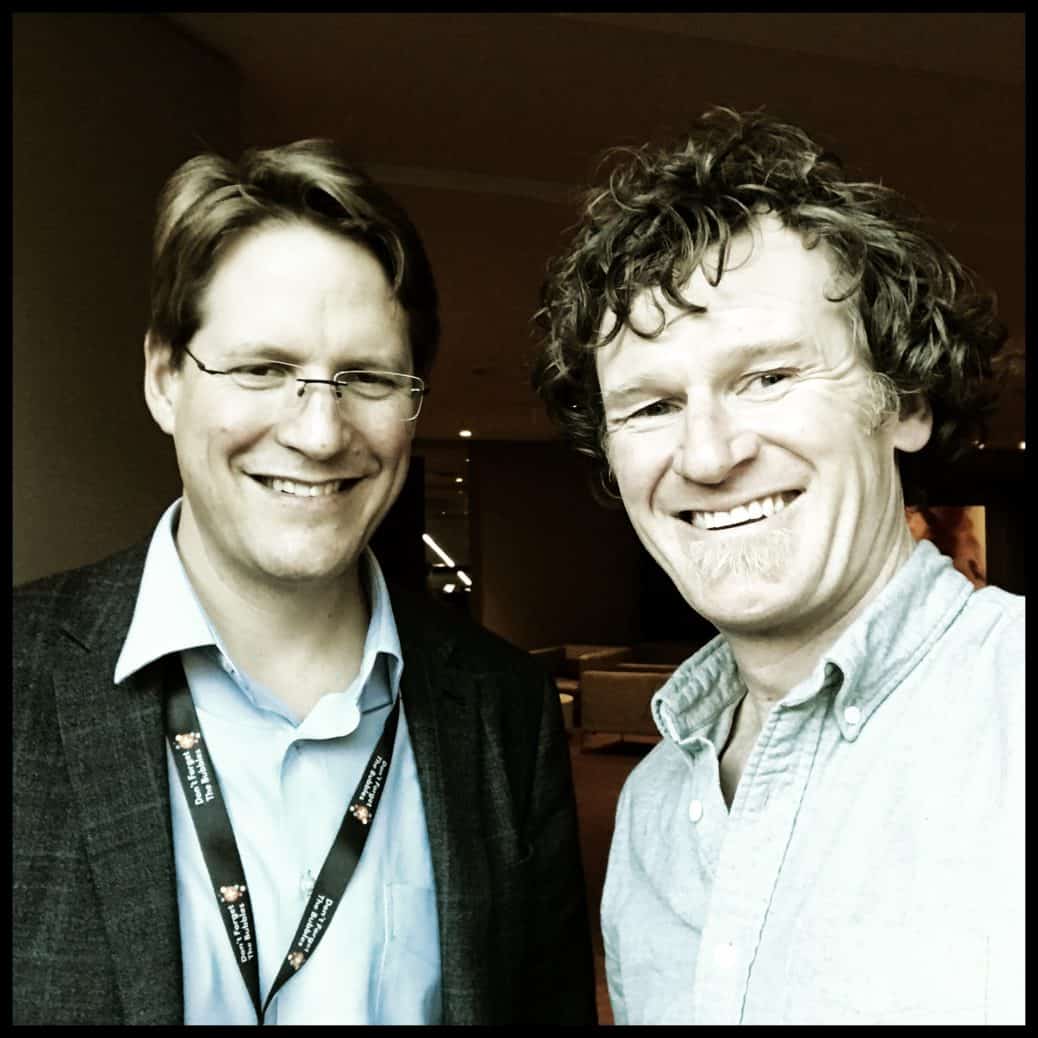The stress and trauma associated with what you do is real and it affects how you perform.
Jannie Geertsema is a child and adolescent psychiatrist working at the Hospital Formerly Known as Lady Cilento Children’s Hospital. He was at the last wonderful Don’t Forget The Bubbles Conference in Melbourne.
The “doctor patient relationship”. You may work in a ‘gnarly’ emergency room, or an over run ICU but the sort of damage we are talking about can be severe in almost any care-givers role. Jannie is a care giver that works with children/adolescents and their parents and regularly finds himself in the unfortunate space in between parent and child. Think about that sort of dynamic. It’s a dangerous space. Ask Leonardo.

Jannie has become increasingly interested in this and started to dive into the stress and trauma associated with his role. Increasingly he has found that many of his colleagues (psychatrists and others) have similar problems.
There is one large component of these relationships that we almost certainly have not given the appropriate attention. My half. The providers half, The therapists half. Your half. You!
Jannie throws himself on the psychiatrists couch and blows open a rarely considered trap; The Abnormal Therapeutic relationship. This exists for all clinicians in a “therapeutic” relationships with their patients/clients/consumers.
Call them “variably autonomous, mostly humanoid, largely organic carbon based therapy consuming units” if you want. (Usually referred to as VAMHLOCBTCU’s). I usually still call them patients but I am not a psychiatrist or a midwife or one of the various other disciplines that have their own good reasons not to call them patients.
We talk a lot about the “Doctor-Patient Relationship” in this podcast. But we are not just talking about doctors when we talk about “Abnormal Treatment Behaviour”. There are a few reasons that the “Doctor-Patient” phrase is used; the crucial paper that Jannie refers to is written by an Australian Psychiatrist qualified in the 1960’s; Prof Bruce S Singh. (We refer to his paper as being written in the 1960’s but the link below is to a paper published in 1981.) And both Jannie and I identify as doctors. Jannie expands on this further when you listen to the linked talk from DFTB and is asked a question about it at the end. (There is a link below.)
There is not a lot more written, at least not that Jannie has found. That we have only one paper written by a psychiatrist does not dismiss the other variations on this theme. In fact, each variation, be it Nurse-Patient, Psychologist-Patient, Social Worker-Patient…., would surely merit it’s own analysis. I am willing to bet that there is more written about this by experts from the other caring professions than by the physicians.
If there is one thing to take away from this it is that I do not exist as an inert perfect practitioner. I do not perform in a perfect space. I am flawed. I have feelings. I barely know what my own feelings are. But if I can just keep in mind that I do have thoughts and feelings, that they do affect my interactions with others, then I am at least cogniscent of the fact that roughly half of the people in the “Doctor-Patient Relationship” are Me. Or You. Or Us. I do not need to have read, or agree with, Freud to benefit from that sort of insight.
As Jannie puts it if you can keep in mind that you are anything less than perfect then you are getting somewhere.
If you can get to the next DFTB then you are getting somewhere special.
If you cannot then you can stream the entire conference for a small fee or for FREE if you are in a lower/middle income country. That is fantastic. Has anyone else done that?
LINKS
Dr Jannie Geertsems Talk at DFTB 2018 With the wonderful title; “The night Max wore his his wolf suit.”
That Lady Cilento Controversy;

























